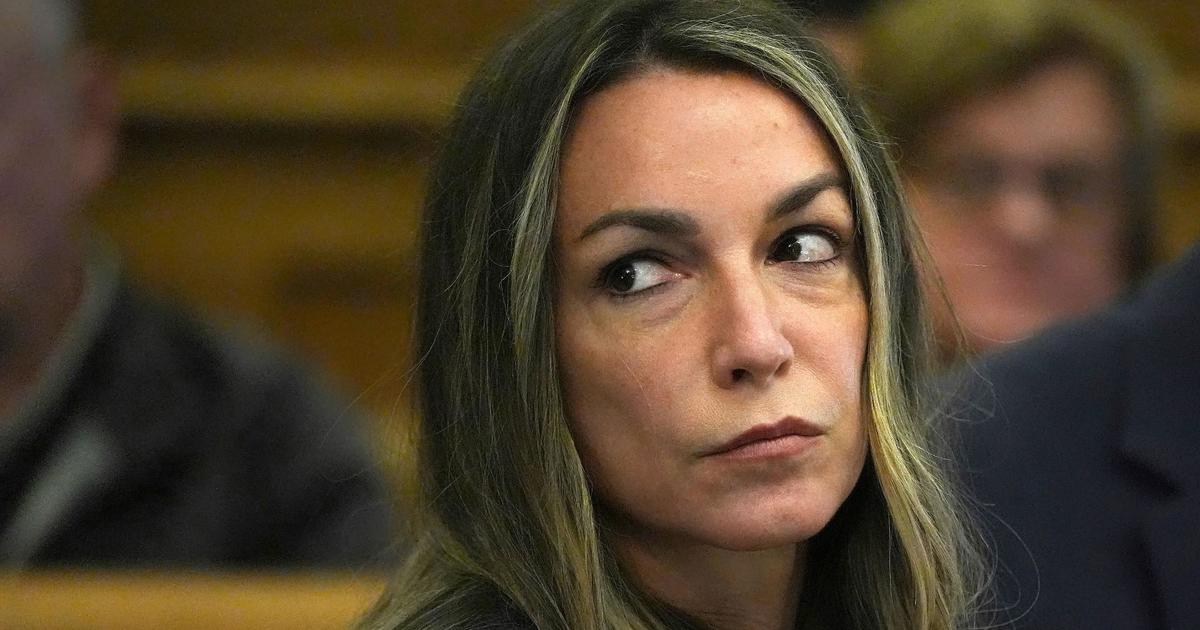Stimulus Check Latest: Parents Could Receive Monthly Payments With Expanded Child Tax Credit
(CBS Detroit) -- Raising a child is expensive. But parents and guardians may soon receive a little help. Democrats are reportedly drafting legislation to expand the child tax credit from $2,000 to $3,000 or $3,600, depending on the child's age and the family's income. Qualifying parents wouldn't have to wait for their tax refunds to see that money. Payments would be issued on a monthly basis. Such a change to the child tax credit will likely be tied to discussions over the proposed $1.9 trillion stimulus bill, and is far from a sure thing.
>>READ: Stimulus Check Update: When Could The Third Payment Arrive?
How might an expanded child tax credit work?
According to a Biden administration plan that's coming into focus, the IRS would pay out $300 per month for each child up to five years old and $250 per month for each child ages six through 17. That adds up to $3,600 or $3,000 per year, depending on a child's age. Payments would be issued automatically in a similar fashion to the first stimulus checks, and would not be dependent on the recipient's current tax burden. In other words, qualifying families would receive the full amount, regardless of how much they owe in taxes. Payments would phase out beyond a yet-to-be-determined income threshold. Recipients may also have the option to receive payments annually rather than monthly.
The credit would be fully available to families accounting for 27 million children, according to the Center on Budget and Policy Priorities. That covers approximately half of all Black and Latino children, whose families have been hit particularly hard by the economic fallout from the COVID pandemic. Anywhere from eight to 12 million children currently live in households facing food insecurity due to lack of money, according to recent Census data. Estimates suggest that expanding the child tax credit would push 9.9 million children beyond or closer to the poverty line.
How long would a child-based stimulus check program run?
The proposed plan would only last one year. The thinking is that political pressure from supporters of a widely popular program would force Congress to extend it in the years to come. But even a single year of payouts is likely to face significant pushback from Republicans, many of whom balked at the cost of proposed stimulus packages over the last year and seem likely to do the same with Biden's American Rescue Plan. Broad support exists among Democrats, however.
The current child tax credit delivers some relief to parents and guardians. It can reduce one's taxes by up to $2,000 per child per year. The child must be a U.S. citizen living under the same roof, 16 years old or younger, and claimed as a dependent, among other criteria. The credit begins to phase out once the filer's annual income surpasses $200,000 ($400,000 for a married couple filing jointly). The only way to claim it is by filing taxes. But any additional refund above a filer's tax burden is lost, unless they qualify for the Additional Child Tax Credit. And even that is capped at $1,400.
>>READ: Surging Stock Market Reflects 'Very Bright Outlook' For Economy, Finance Prof Says
The existing system has many issues which make it less than ideal for many people raising children, especially those who need financial help. The residency requirements are complicated and out of step with the structure of many modern American families. Children often live with other family members, for example, or shuttle between the homes of separated parents. Dependent children age 17 or older don't qualify (though they may qualify for the dependent care credit). Payments are issued as tax refunds. So those who don't file taxes or earn enough to qualify for the full credit -- often among the poorest workers -- miss out on all or some of the benefit.
What is the history behind reforming the child tax credit?
The discussion surrounding this sort of child tax credit reform dates back to the American Family Act and then-Senator Kamala Harris's LIFT the Middle Class Act. The American Family Act called for an overhaul to the child tax credit back a few years ago. Like the developing legislation, the Act called for a fully refundable monthly credit of $250 or $300 per child, depending on their age. Analysis at the time suggested that it would reduce child poverty by almost 40 percent. The American Family Act had broad support from the moment it was introduced, with 37 original Senate cosponsors and 175 original House cosponsors. The LIFT Act proposed $250 per month for adults earning up to $50,000 per year and married couples earning up to $100,000.
Programs that guarantee a basic income for families with children already exist in many other countries. Canada and the United Kingdom have both had child allowances in place for years. And both countries have seen success in reducing child poverty. An expanded Canada Child Benefit, for example, reduced their rate of child poverty by one third in just a few years. Further, studies have shown a broad range of additional benefits, from higher student test scores to improved mental and physical health.



